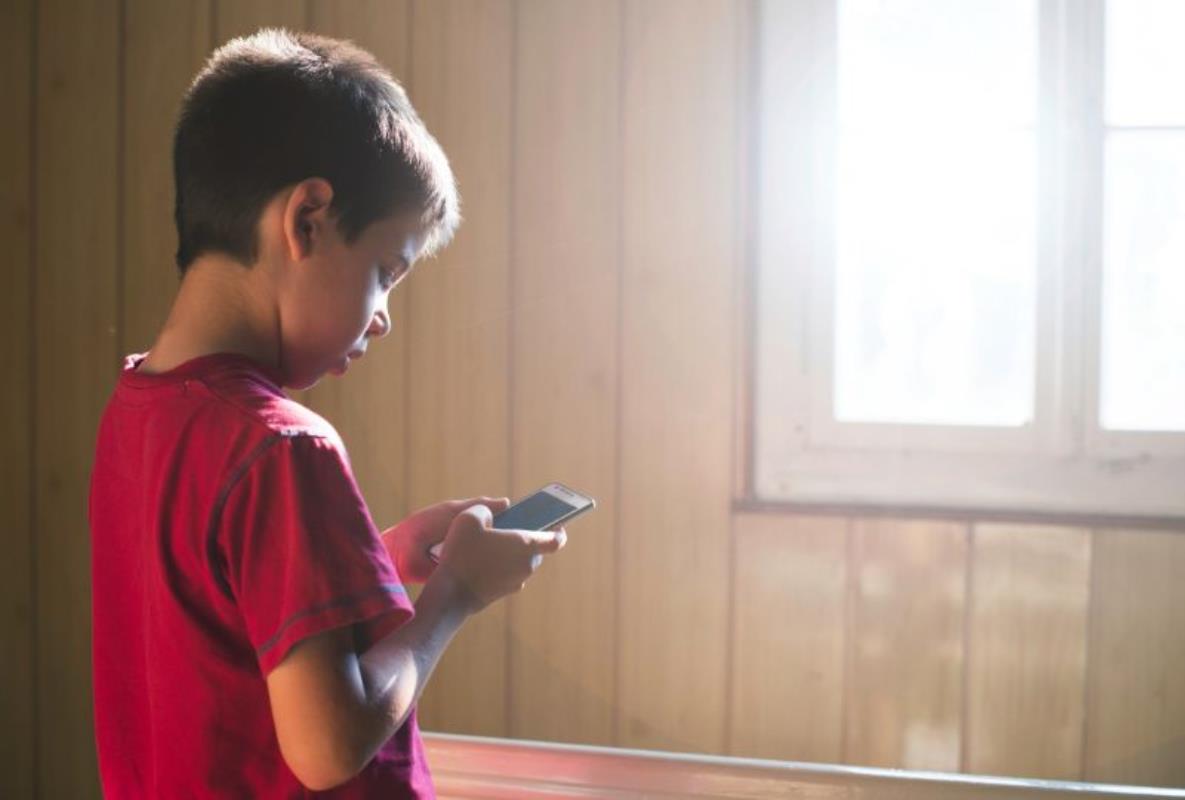
One of the consequences of the Covid-19 coronavirus crisis is the vast increase in vivid dreams and nightmares.
As various places around the world announced lockdowns, social media was rife with people asking whether they were the only ones having bizarre and memorable dreams. Some people who claimed to never remember their dreams said they were recalling them for the first time.
A recent 'dream survey' conducted by Deirdre Leigh Barrett, an assistant professor of psychology at Harvard Medical School, seems to confirm that the incidence of vivid dreams has increased as the virus has spread around the world.
This would not be unprecedented: studies have shown that events like 9/11 changed the way people dreamed for a time, making their dreams more intense and memorable in the days after the attacks.
It seems feasible that the coronavirus pandemic, which has personally impacted almost everyone on Earth, could have a similar impact.
Untangling how and why events like these affect our dreams, however, is difficult.
Despite huge popular interest in the subject, dreaming is still fairly poorly understood by science. We know that our brains use sleep to encode long-term memories, and we also know that dreams are either a part of this process, or a byproduct of it.
Some studies show that rapid eye movement (REM) sleep, the sleep stage in which we have the most vivid dreams, is also crucial for our health, aiding in emotional regulation and learning. But the complex interactions between the events in our daily lives and our dreams is still not entirely understood.
One thing we can say for certain is that the current coronavirus crisis has led to a great deal of stress and anxiety for many millions of people. Research has shown that increased anxiety during the day can lead to more negative content in dreams.
They described dreams about dead bodies, watching friends or themselves attacked or killed, and other terrifying, surreal events that felt disturbingly real.
More worryingly, children are also suffering with nightmares more than usual.
Stress and anxiety can also cause us to remember more of our dreams, because they disrupt our sleep.
Good sleepers may find it hard to believe, but everyone wakes up naturally several times in the night, at the end of each 90 minute sleep cycle. Without these brief awakenings, we wouldn’t remember our dreams at all, according to Michael Nadorff, the director of the clinical PhD program at the Mississippi State University psychology department and an expert on the link between nightmares and mental illness.
Nadorff says that when we wake up, our brains take about five minutes to start encoding memory.
This means that if you wake up for a few seconds, you won’t remember, but you will recall being awake for 10 minutes. And, if you have a higher level of anxiety, you’re more likely to stay awake long enough to encode memories, and thus remember more of your dreams.
An increase in vivid dreams could also be explained by the changes that the pandemic has forced on people’s lifestyles, explains Courtney Bolstad, a graduate student who works as Nadorff's research assistant.
“Social rhythm theory says that the rhythms we have during the day, what time we get up, whether we see our friends, can influence our circadian rhythm,” Bolstad says.
“If you aren’t doing the things you typically do during the day, that could mess with your circadian rhythm which could mess with your sleep.”
Monica Bergman, an expert in psychology, conducted research based on interviews from the 1970s with Holocaust survivors who were imprisoned in the Auschwitz concentration camp during World War II.
The resulting study examined how dream content changed in the camps. It found that people remembered dreaming more about their close friends and family during their time in the camps, while separated from those people, than they did afterwards, when they were reunited.
These studies suggest that our dreams are sensitive to our social environments during the day, and could explain why some of us are dreaming more of close friends and family, who we are unable to visit during lockown at the moment.
Such dreams are laden with emotion, and are thus exactly the sort of dreams that the brain is likely to commit to memory.
Ultimately, though, there’s little in the way of research into the effects of an event like this pandemic, for the simple reason that there’s never really been one like it.
The most comparable crises — 9/11, earthquakes, hurricanes — tend to involve a sudden, dramatic event and an accompanying wave of trauma and fear.
Coronavirus, however, has produced a unique combination of boredom and constant low-level dread.
Modern technology has allowed us to stay 'together' while physically apart, meaning we aren’t truly isolated, even in quarantine.
It’s still an open question how a Zoom call differs from an in-person hang out, but some research shows digital communication is less effective in bonding us or building relationships than seeing other people in-person.
The truth, however, is that scientists can’t say exactly what the pandemic is doing to our brains until they’ve had a chance to study it.
What's clear is that we'll learn more about it in the years to come as we take part in one of nature's great experiments.












































































